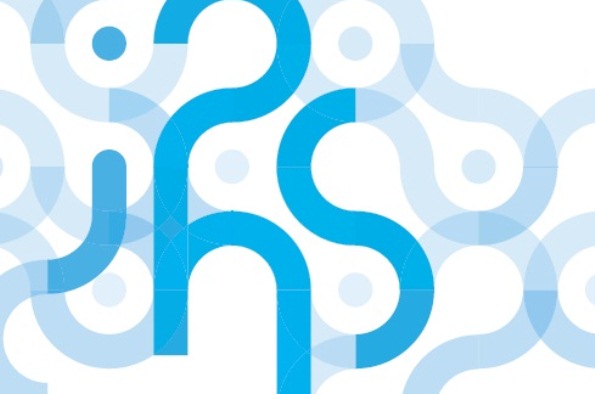
Computational models of pain neuroplasticity: From pathology to therapy
- 01517941106
- Dr Craig Thorley
- Suitable for: Staff and students
- Admission: Free
Add this event to my calendar
Click on "Create a calendar file" and your browser will download a .ics file for this event.
Microsoft Outlook: Download the file, double-click it to open it in Outlook, then click on "Save & Close" to save it to your calendar. If that doesn't work go into Outlook, click on the File tab, then on Open & Export, then Open Calendar. Select your .ics file then click on "Save & Close".
Google Calendar: download the file, then go into your calendar. On the left where it says "Other calendars" click on the arrow icon and then click on Import calendar. Click on Browse and select the .ics file, then click on Import.
Apple Calendar: The file may open automatically with an option to save it to your calendar. If not, download the file, then you can either drag it to Calendar or import the file by going to File >Import > Import and choosing the .ics file.
The phenomenon of neuroplasticity in the brain has profound implications for the diagnosis and treatment of patients suffering from chronic pain. Pain is strongly influenced by psychological context such as expectancy, mediated by activity in regions of the cerebral cortex which undergo neuroplastic changes in patients with chronic pain. I will discuss how such changes may contribute to chronic pain and how neurocomputational models of neuroplasticity based on predictive coding could lead to the development of new clinical tests and treatments. This will be illustrated with reference to past, ongoing and planned projects investigating biomarkers of neuroplasticity, brain mechanisms of mindfulness interventions and the development of electroceutical therapies.
